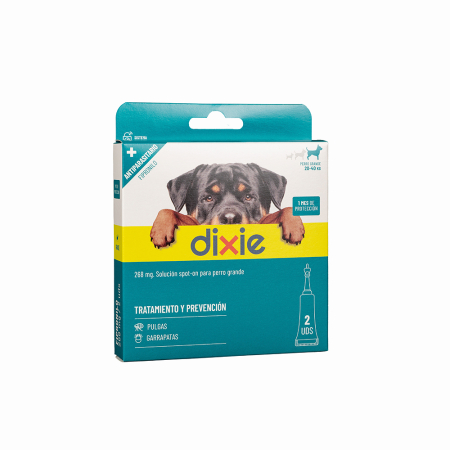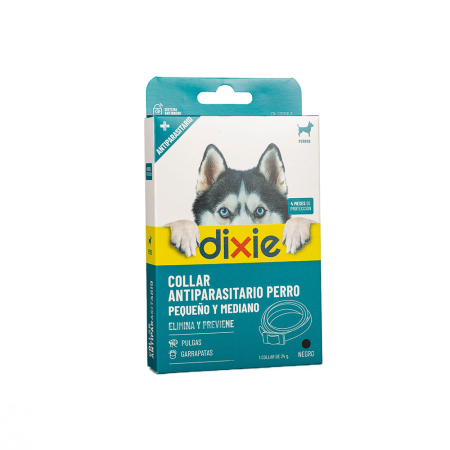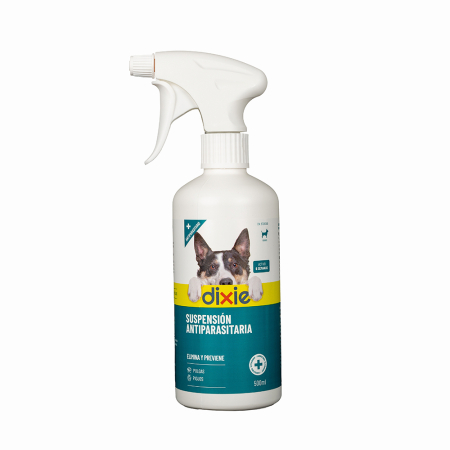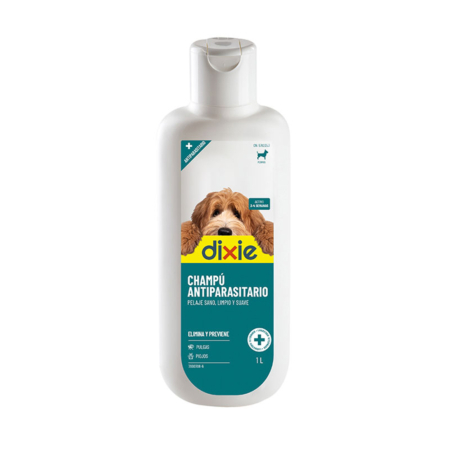Antiparasitics: Elimination and Prevention of Parasites
Types of Antiparasitics for Dogs
Antiparasitics for dogs come in various forms, each aimed at treating and preventing a specific type of parasite. Common types include topical antiparasitics, oral medications, and collars. Topicals are applied directly to the skin and are effective against fleas and ticks. Oral antiparasitics, such as tablets or chewables, control both internal and external parasites. Collars release active substances over an extended period for continuous protection.
What is a Dog Antiparasitic and How Does It Work?
Antiparasitics for dogs are therapeutic agents designed to eliminate and prevent the infestation of parasites in these beloved pets. These parasites can range from fleas and ticks to intestinal worms and mites.
Antiparasitics work through different mechanisms depending on their type: some act directly on the parasites, inhibiting their development and reproduction, while others strengthen the animal's immune system to combat infestations.
The search for the ideal antiparasitic for a dog involves several considerations. The choice depends on the type of parasites present in the region, the individual characteristics of the dog, and the owner's preferences.
Consulting with a qualified veterinarian is essential to determine the most appropriate antiparasitic. Recognized and tested products, backed by animal health professionals, are often the preferred choice.
What is the Best Antiparasitic for Dogs?
Strategies for the Use and Administration of Antiparasitics
The effectiveness of antiparasitics relies on their proper use and administration. Most products come with specific instructions that must be followed closely. This includes precise dosing and the frequency of administration.
Some antiparasitics need to be repeated regularly to ensure ongoing protection. Consulting with a veterinarian and following their recommendations ensures the maximum benefit from these treatments.






